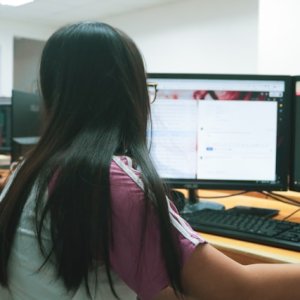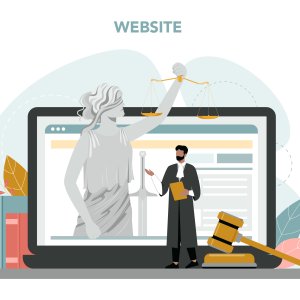Arbitration, tech and the future of the practice of law: ChatGPT

STORY INLINE POST
“Any sufficiently advanced technology is indistinguishable from magic.” – Arthur C. Clarke.
Technology has become a common source of discussion. How quickly technology will affect our daily lives and what we will need to do to adapt to it is a trending topic. As we have recently written, tech or no tech is not even the question. It is a matter of time. It is a matter of how fast and to what extent technology will impact everything we do and how well prepared we are for such changes, including, of course, the legal profession.
In this context, I have just recently finished co-authoring an article related to the interplay between arbitration and technology for a book that will be published abroad. As you recall, arbitration is the preferred tool for entrepreneurs to decide cases in the international commercial arena. In arbitration, the parties choose a third independent and impartial person (like you or me) specialized in the subject matter of the controversy to decide the dispute through a binding arbitration award. Since the arbitrators do not have the power to compel the parties (as a judge does) to comply with the award, then, the parties need judges to recognize and enforce it. It is well settled worldwide that arbitration is the best way to decide international commercial disputes among parties that are from different countries and speak different languages as the relationship is complex and requires specialized adjudicators.
In this recent article, we wrote about how COVID-19 accelerated the use of tech tools that have eased access to arbitration and that has been time- and cost-efficient. Arbitration never stopped even during the pandemic. It adapted quickly under the circumstances. For instance, e-filings or submissions, the use of videoconferencing and virtual platforms, simultaneous translations, the use of drones for inspections, and the future use of specialized polygraph lenses and similar tools have gradually started to set foot in international arbitration. Arbitration in the metaverse will be subject for discussion in the future. This is the present and immediate future of how tech tools have inserted themselves in arbitration proceedings.
In this article, we discussed the possibility of having some tools to assist in predictive justice (anticipate what the outcome of your case could be) or what the best-suited arbitrator would be in certain cases, taking into account all data publicly available. We also futurized what will be more disruptive in the future, such as the use of robot-arbitrators that could substitute human beings, at least for low-amount values or cases with repeated patterns. These robots/software can also eventually assist as legal counsel in proceedings.
In this context, while writing this article, we also envisioned to what extent the new tech tools would assist or substitute the work performed by lawyers. To prove our point, we did something that was less futuristic and disruptive. We decided that we would not write the conclusions of the article and, instead, ChatGPT would do so. And so ChatGPT did. ChatGPT – a software created through Open AI – wrote our conclusions with the same style and grammar in only a few seconds. It was magical and at the same time illuminating and scary. I could not refrain from saying, “wow!”.
ChatGPT is the next frontier that will revolutionize everything knowledge-related. ChatGPT describes itself as: “a large language model developed by OpenAI. It is trained on a diverse range of internet text and is able to generate human-like responses to a variety of prompts. ChatGPT can be used for natural language processing tasks, such as language translation, text summarization, question answering, and text completion. It is also able to engage in casual conversation and can be integrated into chatbots and virtual assistants.”
In short, ChatGPT is able to write articles, contracts, briefs, and in the very near future, everything knowledge-related. Is a student ever again going to write an essay when we have this tool? How will education modernize before these tech tools? What would be the future of jobs? In legal practice, a set of immediate questions arise: What and how will the law be practiced? What are the ethical implications for professionals using this tech tool? Is there liability for the use of ChatGPT in the practice of law? Is it an “authorized practice of law” to use ChatGPT? Who would be liable for its use? Who is the author of the article or the brief? And dozens of additional questions. As a law practitioner, this new tool is exciting and at the same time truly scary. Its potential seems endless.
We will have to co-live with this and other tools that will become available. Are we prepared for this tech tsunami? Are the old, current, and new generations of tech, ethical and philosophically prepared? Are we re-skilled and up-skilled for this tech revolution? Have we reflected sufficiently and understood how education and daily lives will change with the use of this new tool and those that will follow or compete with ChatGPT in the near future?
When I see what ChatGPT can do, I cannot stop thinking of my mother, my wife, my kids, my law firm, my country and, of course, myself. I try to envision how we will meet these new tech challenges. This Mario Benedetti quote comes to mind: “Cuando creíamos que teníamos todas las respuestas, de repente nos cambiaron todas las preguntas.” (When we believe we have all the answers, suddenly, all the questions change.)








 By Omar Guerrero | Partner -
Thu, 02/23/2023 - 16:00
By Omar Guerrero | Partner -
Thu, 02/23/2023 - 16:00
















